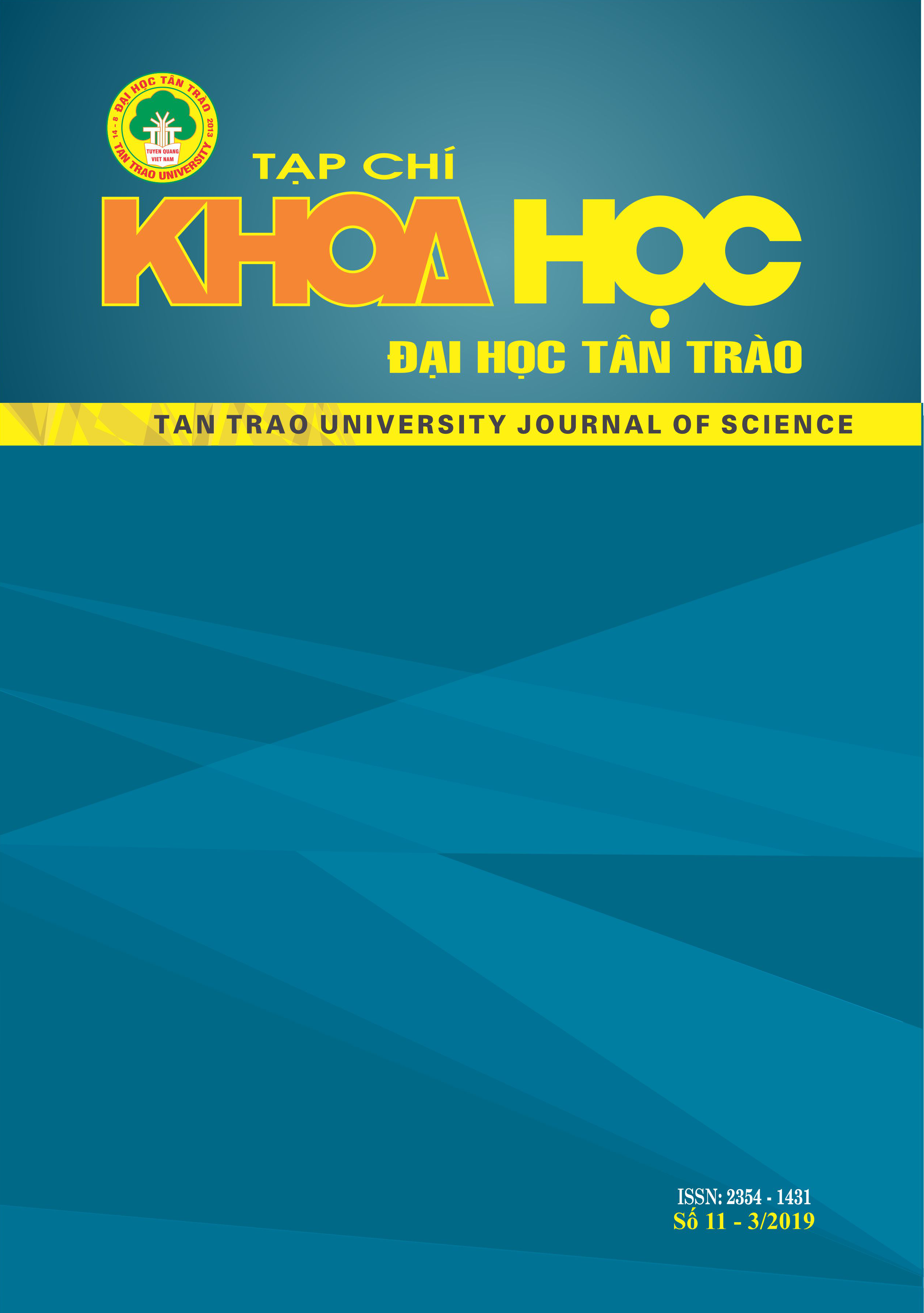The role of Austria in German unification the mid-nineteenth - century
DOI:
https://doi.org/10.51453/2354-1431/2019/212Keywords:
Austria; the German Confederation 1815-1866; the German unification; the German nineteenth-century question.Abstract
Austria was the most powerful country in the German-speaking world in Central Europe in the mid-nineteenth century and was one of the founding parties, but the only party in the role of leadership of the German Confederation 1815-1866. The problem is that Austria never intended to accept its normal membership in the German Confederation 1815-1866. Austrian participation in this union was actually nothing but an implicit agreement among European powers. Austria did in fact only want to rule this confederation in order to dominate and use other member states as political tools for its own benefits rather than to build a powerfully united Germany in Central Europe. Austria was, therefore, expected to become the leading force of the German unification, but in reality became the main obstacle and defeated object of the German nineteenth-century question.
Downloads
References
1. Austensen, R. A. (1991), “Metternich, Austria, and the German Question, 1848-1851,” The International History Review, Volume 13, Issue 1.
2. Billinger Jr, R. D. (1991), Metternich and the German Question: States' Rights and Federal Duties, 1820-1834, University of Delaware Press, Newark;
3. Davey, Europe During the Age of Metternich 1815-1848, in: http://www.saratogahigh.org/ourpages/auto/2009/8/27/61997560/congressvien.pdf (truy cập ngày 9 tháng 4 năm 2016);
4. Evera, Stephen Van (2009), The Austro-Prussian War of 1866, in: http://ocw.mit.edu/courses/political-science/17-42-causes-and-prevention-of-war-spring-2009/lecture-notes/MIT17_42S09_lec11.pdf (truy cập ngày 9 tháng 4 năm 2016);
5. Foged, Kristian H. (2017), History Home Essay: The Unification of Germany 1871, in: http://www.markedbyteachers.com/international-baccalaureate/history/the-importance-of-the-role-of-bismarck-in-the-unification-of-germany-in-1871.html (truy cập ngày 18 tháng 7 năm 2017);
6. Preussen und die deutsche Einheit (1866), Druck und Verlag der Rossberg'schen Buchhandlung, Leipzig;
7. Sediv´y, Miroslav (2013), Metternich, the Great Powers and the Eastern Question, the University of West Bohemia;
8. The Age of Metternich, in: http://k12.kitaboo.com/k12/ebookpdf/history07/AP_EUR_S2_unit13.pdf (truy cập ngày 9 tháng 4 năm 2016);
9. Walters, J. F. and Whitton, G. W. (2010), Europe in the Age of Metternich c. 1800-1850, in: www.newhartfordschools.org (truy cập ngày 9 tháng 4 năm 2016);
10. Wawro, Geoffrey (1996), The Austro Prussian War: Austria's War with Prussia and Italy in 1866, Cambridge University Press, Cambridge.
Downloads
Published
How to Cite
Issue
Section
License

This work is licensed under a Creative Commons Attribution-ShareAlike 4.0 International License.
All articles published in SJTTU are licensed under a Creative Commons Attribution-ShareAlike 4.0 International (CC BY-SA) license. This means anyone is free to copy, transform, or redistribute articles for any lawful purpose in any medium, provided they give appropriate attribution to the original author(s) and SJTTU, link to the license, indicate if changes were made, and redistribute any derivative work under the same license.
Copyright on articles is retained by the respective author(s), without restrictions. A non-exclusive license is granted to SJTTU to publish the article and identify itself as its original publisher, along with the commercial right to include the article in a hardcopy issue for sale to libraries and individuals.
Although the conditions of the CC BY-SA license don't apply to authors (as the copyright holder of your article, you have no restrictions on your rights), by submitting to SJTTU, authors recognize the rights of readers, and must grant any third party the right to use their article to the extent provided by the license.


